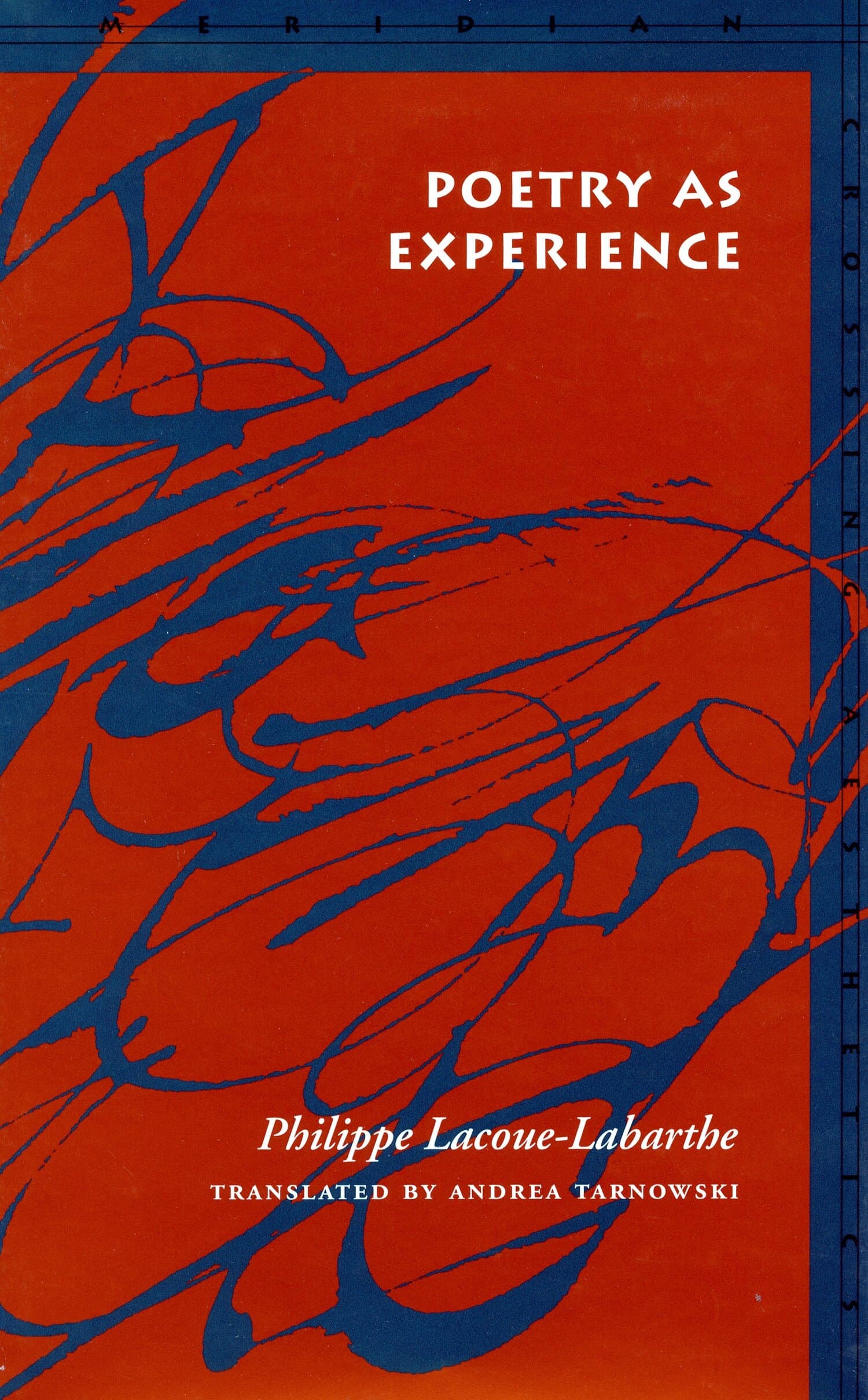The Aesthetic Paths of Philosophy

This book examines the ways that Heidegger, Lacoue-Labarthe, and Nancy adopt and reconfigure the Kantian understanding of "aesthetic presentation." In Kant, "aesthetic presentation" is understood in a technical sense as a specific mode of experience within a typology of different spheres of experience. This study argues that Heidegger, Lacoue-Labarthe, and Nancy generalize the elements of this specific mode of experience so that the aesthetic attitude and the vocabulary used by Kant to describe it are brought to bear on things in general. The book goes beyond documenting the well-known influence of Kant's Critique of Judgment, however, to open up a new way of approaching some of the central issues in post-Kantian thought—including why it is that art, the art work, and the aesthetic are still available as a vehicle of critique even, or especially, after Auschwitz. It shows that a genealogy of contemporary theory needs to look at the question of presentation, which has arguably been a question that has worried philosophy from its very beginning.
"Ross goes to impressive lengths to make their differences (productively) clear."—Thomas O. Haakenson, H-Net Reviews
"In this compelling study, Alison Ross persuasively elaborates a new version of the claim that Kant's aesthetic theory underlies the most radical innovations of modern European philosophy. In focusing on the idea of 'presentation' as the joining of meaning and sensuous matter, Ross has discovered a theme that orients the fundamental gestures of Heidegger's philosophy as emphatically as it does his French followers. This book will prove indispensable for future discussions of the aesthetic formation of critical philosophy."—J.M. Bernstein, New School for Social Research




